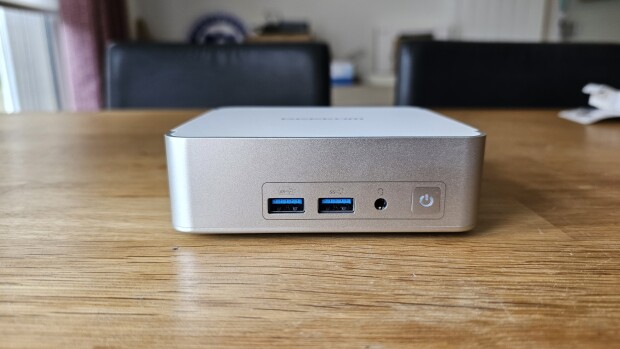
The Federal Communications Commission (FCC) has seemingly caved to pressure and will propose net neutrality rules that will not allow Internet service providers (ISPs) to block, throttle or sell prioritization, and reclassify them under the stricter Title II of the US communications law, as earlier suggested by President Obama.
The FCC boss was at the Consumer Electronics Show in Las Vegas when he made the comments on the upcoming decision on new rules. He said the FCC is "going to propose rules that say that no blocking, no throttling, [or] no paid prioritization" is allowed by ISPs.
Wheeler also confirmed that he will share his proposal with fellow co-workers on the 5th of February and hold a vote on the final regulations on the 26th of the same month, as earlier reported.
He argued that ISPs' behavior should be "just and reasonable" making sure the companies do not hurt consumers or competition, referring to a standard that is applied to public utility companies, which President Obama and advocates said ISPs should be classified as.
A lawyer representing technology companies has welcomed the move, saying "entrepreneurs across the country [are] encouraged by the chairman's remarks, willing to work with him."
ISPs have opposed moves to be reclassify under the more stricter Title II of the US communications law, saying that it will be a regulatory burden and impede investments and innovation, and are expected to mount a court challenge, much the same way they have done previously.
Republican lawmakers are expected to introduce legislation this month to preempt the new rules, with the former FCC Commissioner Robert McDowell, a Republican, saying that "the implications of the just and reasonable standard will be years of litigation just as we’ve seen since 1934, when those words were written by Congress for the Ma Bell monopoly."
Wheeler's comments come after the FCC received around 4 million comments last year after the original proposal left the door open to "commercially reasonable" discrimination.
Source: Reuters

















55 Comments - Add comment